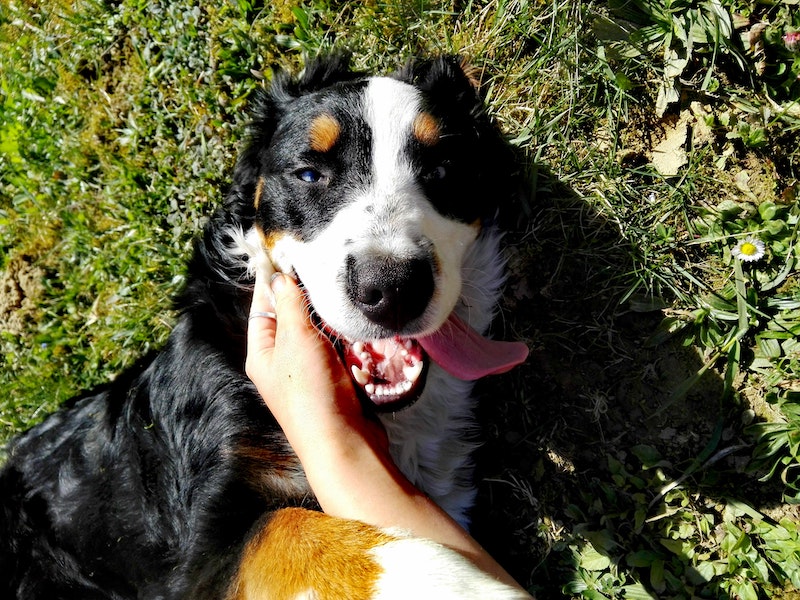Dog Dental Health: How to Keep Your Pup’s Teeth Clean and Healthy

Your dog’s mouth is a complex ecosystem, and just like with humans, proper dental care is essential. Dogs have more alkaline mouths than humans, which means they produce more plaque. Without consistent care, this can lead to serious oral health issues over time.
While dogs don’t brush twice a day like humans do, pet parents can still take simple steps to support their dog’s dental hygiene and overall health. In this guide, we’ll cover signs of dental issues, daily care tips, and natural supplements that can help promote a healthy mouth.
How to Tell If Your Dog Has Dental Issues

Dental problems often go unnoticed because dogs are instinctively good at hiding discomfort. However, there are some signs you can look for:
- Bad breath
- Yellow or brown buildup on teeth
- Drooling more than usual
- Difficulty chewing or slower eating
- Swelling or bleeding around the mouth
- Decreased interest in chew toys
How to Take Care of Your Dog’s Oral Health

1. Annual Dental Exams
Schedule yearly dental checkups with your veterinarian. These professional exams may include cleanings under anesthesia, which allow for a deep clean below the gumline and the opportunity to spot early signs of dental disease.
2. Daily Tooth Brushing
Brushing your dog’s teeth daily is one of the best ways to prevent plaque buildup. Use a toothbrush and toothpaste made specifically for dogs. If brushing is a challenge, consider dental sprays or wipes.
3. Natural Oral Care Ingredients
Look for products containing ingredients like neem oil, peppermint oil, and aloe vera to naturally support oral hygiene. These may help with breath freshness, gum comfort, and overall mouth cleanliness.
4. Provide Safe Chew Toys
Chewing helps reduce plaque and keeps teeth strong. Choose dog-safe rubber toys or digestible chews that are not too hard—if you can press your thumbnail into it, it’s tooth-safe.
5. Feed a Dental-Friendly Diet
Ask your vet about food options that support dental health. Dry kibble and specific dental diets can help scrape away plaque as your dog chews.
6. Perform Routine At-Home Checks
Regularly check your dog’s mouth for signs of redness, swelling, or bad odor. Look for changes in behavior like reluctance to chew or sensitivity around the face.
7. Add a Postbiotic Supplement
Supporting your dog’s gut microbiome may have a positive impact on their oral health too. A high-quality postbiotic supplement can help support immune function and promote a healthy inflammatory response, both of which are essential for maintaining oral health. Pet Releaf’s Postbiotic for Skin & Gut Health is formulated to promote a balanced microbiome, which may indirectly support fresh breath and healthier gums.

3 Signs Your Dog Might Need a Dental Checkup
- Persistent bad breath: May indicate plaque buildup or bacterial overgrowth.
- Excessive drooling: Could be a sign of irritation or dental sensitivity.
- Eating less or more slowly: May signal discomfort while chewing.
Support Oral Health with Pet Releaf CBD
Pet Releaf offers a line of hemp-based supplements that may support healthy teeth, gums, and bones. While not a replacement for brushing or veterinary care, CBD may help maintain a normal inflammatory response and support overall wellness.
Not sure what to try? Use our CBD Product Finder to get personalized recommendations for your pup.


